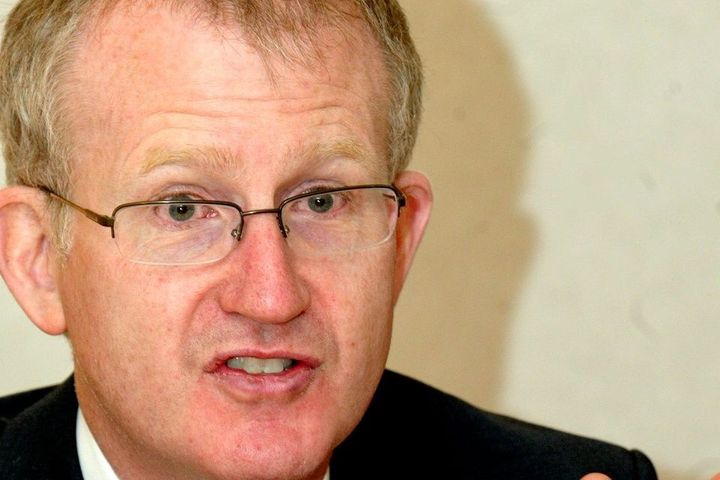[ad_1]

Prof Fitzpatrick got in touch with the Drivetime show on RTÉ to offer his help to Aya Ashour, who was trapped in Gaza and cut off from her doctor while 29 weeks pregnant as the enclave came under intense Israeli bombardment. Aya’s sister Nour – who lives in Ireland – had been on the show to tell of her sister’s perilous position.
In an update given to the show today, Nour thanked Prof Fitzpatrick for his help, as Aya is now in Cairo with her newborn.
“Nour has been a fantastic support to her sister in everything that has happened since the war in Gaza,” Prof Fitzpatrick said.
“I was very moved by what she said about her sister and the desperate situation she was in. As a former obstetrician I could read between the lines the risks that Aya was exposed to.”
Prof Fitzpatrick said he pieced together Aya’s medical history to help her while she was cut off from direct contact with her obstetrician.
This included the difficulties Aya had stemming from having three previous caesarean sections.
“The risk to her was that she would go into labour, not be able to go to a hospital and with three previous caesarean sections, her uterus would rupture and this would lead to a fatal outcome for her and her baby,” he said.
He then contacted the Department of Foreign Affairs, politicians, medical colleagues in Ireland and Egypt and the United Nations Relief and Works Agency (UNWRA) to pass this information on.
Aya was then moved to the top of a list for medical evacuation from Gaza into Egypt via the Rafah Crossing.
“Aya had a particularly difficult experience on December 26 whereby she was actually let go through the Palestinian checkpoint at the Rafah Crossing with her daughter and her sister but was not allowed to actually bring her husband and her two children,” Prof Fitzpatrick said.
“[Aya] went through no man’s land, spent a considerable period of time at the Egyptian crossing point of the Rafah Crossing, she was on a list for medical evacuation only for her to be turned back to Gaza again.”
On the day Aya was placed on a list to access medical care in Egypt she went into labour early at 36 weeks and delivered her baby via caesarean section back in Gaza.
The newborn was then transferred to a second hospital as the hospital she was delivered in did not have the resources needed to look after a premature baby.
Ms Ashour said her sister and her family are now in Cairo but are suffering from a lack of support.
“They have seized their passports, as a result they no longer have the right to work, no right to educate the children, they don’t have any support, no health support, even financial support. So, the situation is really bad,” she said.
“[The baby] is so small, she needs to stay at home and not get any infection because if she gets any infection she’ll be in real danger. She’s really small, she’s only two kilos and 200 grams.”
Prof Fitzpatrick said everyone he contacted “did their very best” to advocate for Aya though she isn’t an Irish citizen.
“I think that a happy conclusion to this story would be for the family to come to Ireland in whatever context in order to put their lives together.”
He said more than 50,000 women in Gaza are pregnant and 180 babies are born there every day.
Nour also spoke about the loss of her father-in-law, who was shot while finding food for his family in Gaza.
He was 80-years-old and was shot six times, Nour said.
“He didn’t do anything to get six bullets in his chest, arm and knee and legs and everywhere in his body,” she said.
[ad_2]

